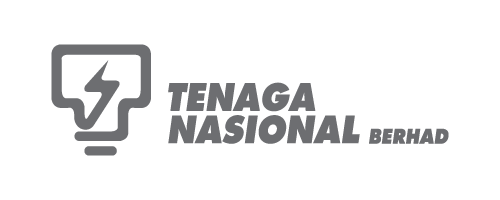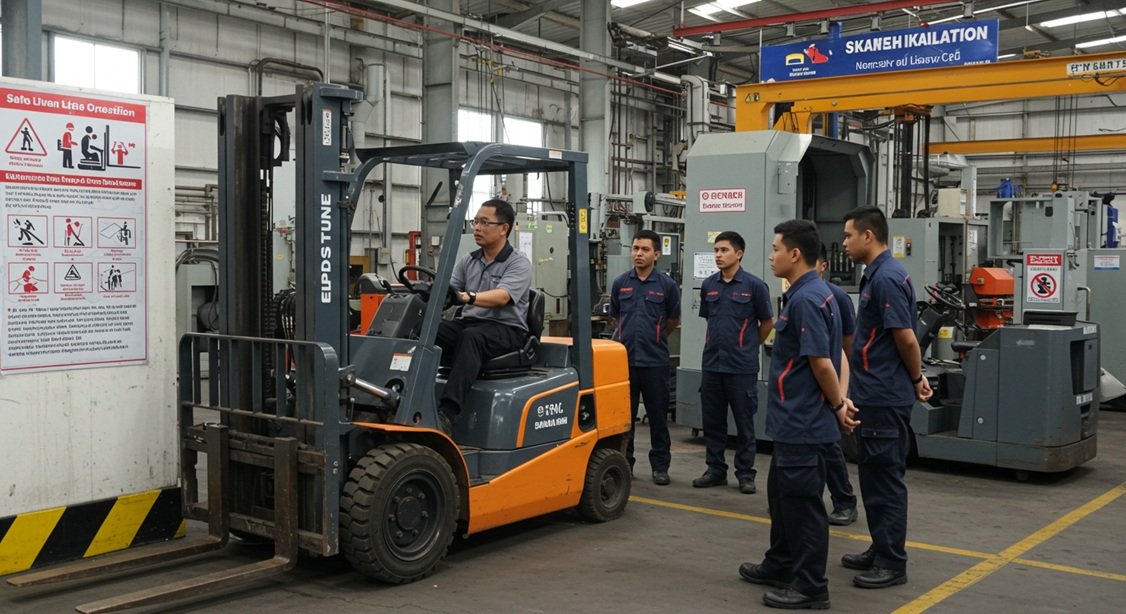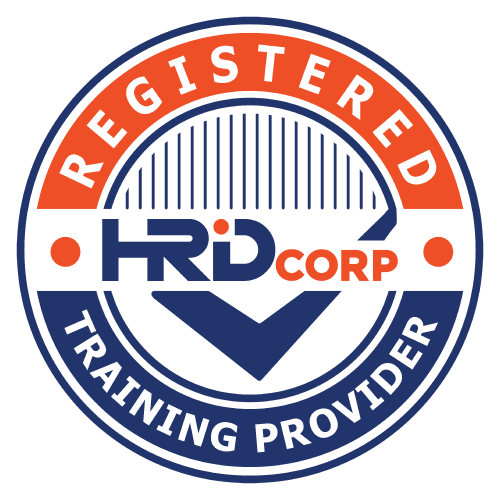Introduction
Operating a forklift is a skilled task that involves the safe handling of heavy materials in various environments such as warehouses, construction sites, and loading docks. Due to the potential hazards associated with forklift operation including collisions, tip-overs, and load-related injuries it is essential that all operators receive comprehensive safety training.
This training is designed to provide both new and experienced forklift operators with the knowledge and skills necessary to operate forklifts safely and in compliance with workplace safety regulations, such as OSHA (Occupational Safety and Health Administration) standards or other relevant local regulations.
- Duration : 2 Days
- Target Group: All level of workers
- New Forklift Operators
- Experienced Forklift Operators (Recertification/Refresher)
- Warehouse, Logistics, and Material Handling Staff
- Supervisors and Safety Officers
- Contractors or Temporary Workers
- Learning Method
- Classroom Instruction (theory)
- Hands-On Practical Training
- Demonstrations by Certified Trainer
- Written Tests and Quizzes
- Group Discussions and Case Studies
Objective
Upon completion of the training, participants will be able to:
- Understand the legal requirements and responsibilities of a forklift operator.
- Identify the different types of forklifts and their appropriate uses.
- Recognize workplace hazards related to forklift operation.
- Perform pre-operation inspections and routine maintenance checks.
- Understand load handling principles, including capacity limits and load stability.
- Operate forklifts safely in various environments, including confined spaces, ramps, and loading docks.
- Apply proper techniques for starting, steering, stopping, and parking the forklift.
- Demonstrate safe practices for lifting, stacking, and unstacking materials.
- Respond appropriately to emergency situations or unsafe conditions.
- Commit to ongoing safety awareness and continuous improvement in forklift operations.
Topic
- Introduction to equipment anatomy and inspections.
- Stability of forklifts and Safe Operations.
- Six Most Common Hazards and types of Forklifts.
- Training Requirements.
- Monthly and Yearly Inspections.
- Identify Components and Anatomy.
- Stability and Capacity for Centre of Gravity, Stability Triangle, Stability Pyramid and Dynamic Conditions.
- Forklift Hazards
- Safe Operation
FAQs
What training is required for a forklift?
An operator training course including theoretical and practical examinations, vehicle loading and offloading, refuelling and recharging procedures including battery handling and load handling skills. Operators should be trained to an essential level of skill to work with a pivot steer safely and efficiently.
Forklift operator does not consider as legally competent personnel. It is only required trained person to be a forklift operator. A company can hire any training provider to train their forklift operator.
What is the objective of forklift training?
The training program ensures the safe operation of forklifts in industrial and warehouse settings. This training aims to equip forklift operators with the necessary knowledge and skills to minimize risks, prevent accidents, and promote a safe working environment.
How long does it take to learn how to use a forklift?
It usually only takes one or two days to finish the training required to operate a counterbalance forklift, the most popular type of truck. However, the training is extensive and takes a long time if you want to operate a rough terrain forklift truck; it often lasts between 3-5 days.
Normally it will take one day duration for a refresher course for experienced forklift operator. For a new trainee will require at least two days of formal forklift training and need to be monitor by company over the time. Do not assign a fresh trained forklift operator for complicated job. Forklift operation is an intensive exposure skill. Therefore, assign them in a light duty job at the beginning to gain more exposure and experience.
How often do you check the safe operation of a forklift?
A forklift needs to be inspected every day or at the beginning of each shift. The Occupational Safety & Health Administration (OSHA) requires all powered industrial trucks be inspected regularly. Operators have to inspect their forklifts at least once a day.
Top companies subscribed to this training.
Competency training trusted by:









